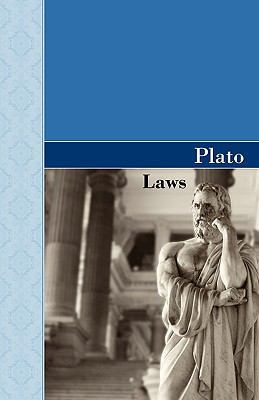All Formats & Editions
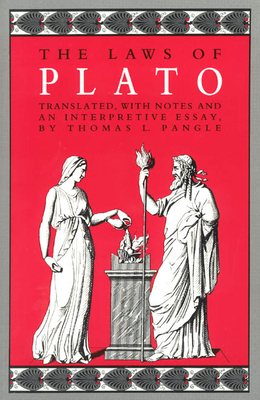
The Laws of Plato
The Laws, Plato's longest dialogue, has for centuries been recognized as the most comprehensive exposition of the practical consequences of his philosophy, a necessary corrective to the more visionary and utopian Republic. In this animated encounter between...
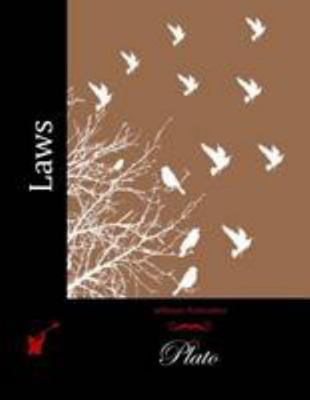
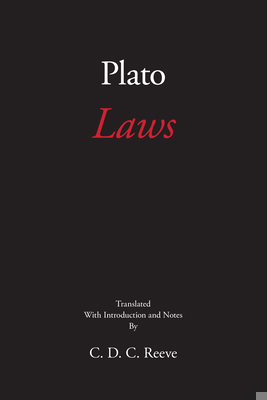
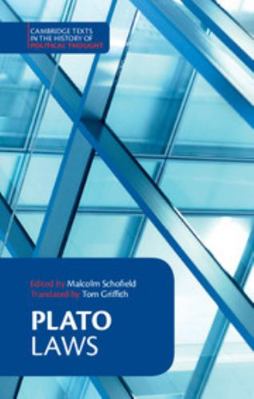
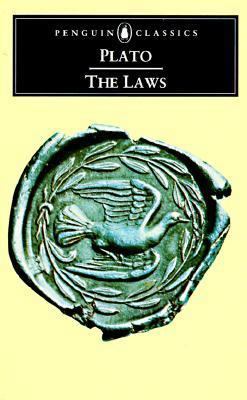
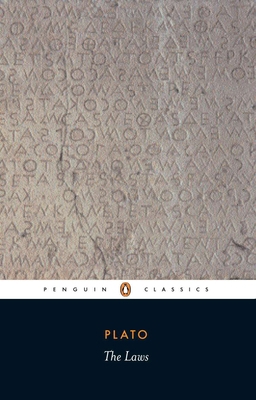
The Laws
In The Laws, Plato describes in fascinating detail a comprehensive system of legislation in a small agricultural utopia he named Magnesia. His laws not only govern crime and punishment, but also form a code of conduct for all aspects of life in his ideal state--from education,...
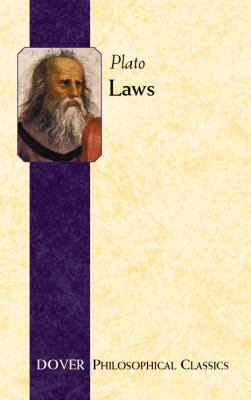
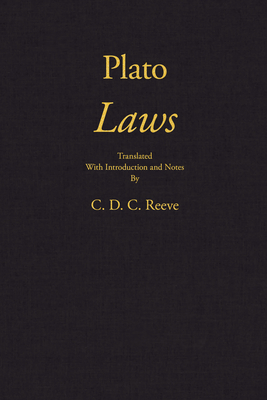
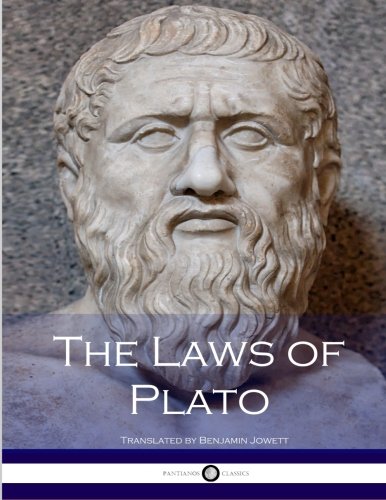
The Laws of Plato
The Laws by Plato are the final and lengthiest dialogue written by the renowned Ancient Greek philosopher. Considered something of a magnum opus by scholars of classical philosophy, in this book Plato sets out the principles of legal theory, and how each principle comes to be...
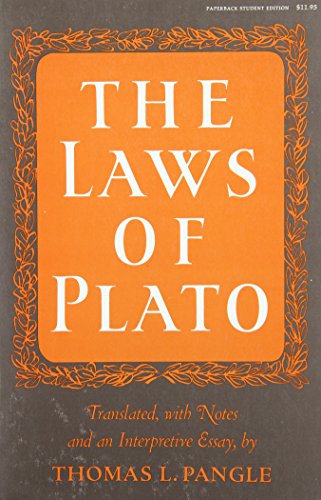
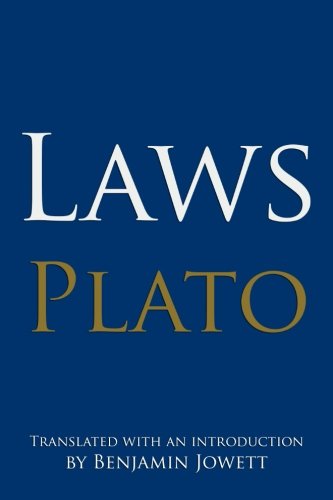
Laws
Laws (dialogue) The Laws (Latin: De Legibus) is Plato's last and longest dialogue. The conversation depicted in the work's twelve books begins with the question of who is given the credit for establishing a civilization's laws. Its musings on the ethics of government and law...
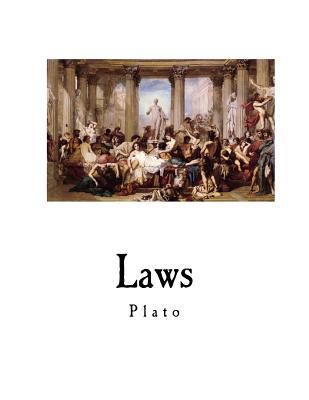
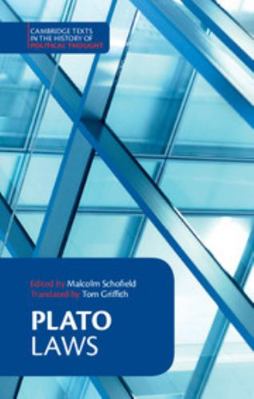
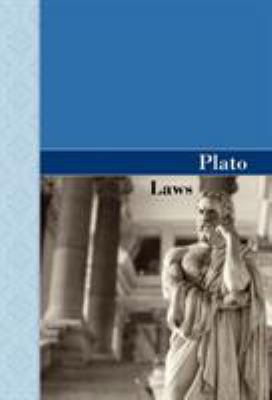
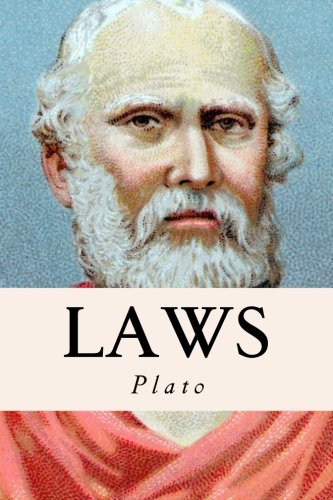
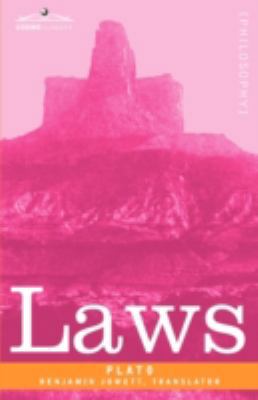
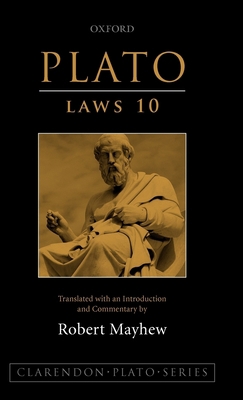
Plato: Laws 10
The Laws is Plato's last and longest dialogue. Although it has been neglected (compared to such works as the Republic and Symposium), it is beginning to receive a great deal of scholarly attention. Book 10 of the Laws contains Plato's fullest defence of the existence of the gods,...
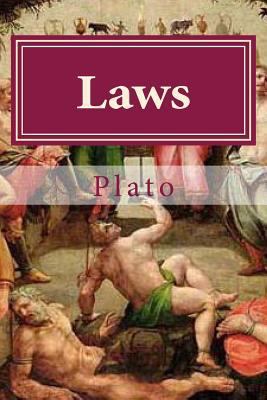
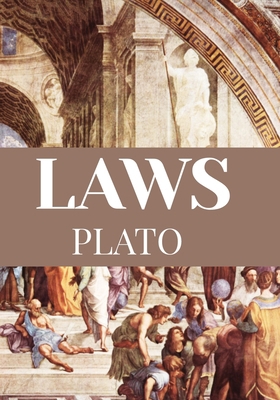
LAWS Plato: Classic Edition
The Classic Greek Philosopher Plato is one of the most important and recognized western philosophers to exert influence in both historic and modern foundations of politics, ethics, metaphysics and epistemology. His work lay the foundation of western philosophy and science. We...
![Les Lois [French] B0858TVVKB Book Cover](https://i.thriftbooks.com/api/imagehandler/l/9FDC17BB47ACC240261D08E93C882AEA8B5D3CFB.jpeg)
![Les Lois [French] 1508707286 Book Cover](https://i.thriftbooks.com/api/imagehandler/l/6594EDF93189C1D4DB59526BA93ED87690CC1D49.jpeg)
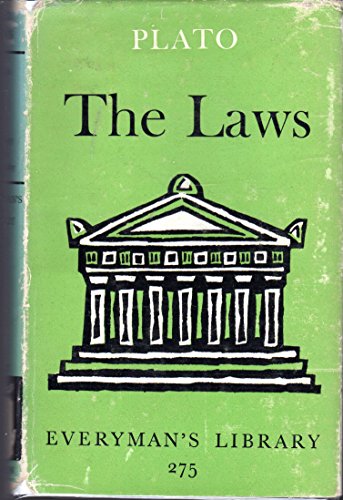

The Laws of Plato
The Laws of Plato, written by legendary author Plato is widely considered to be one of the greatest classic and historical texts of all time. This great classic will surely attract a whole new generation of readers. For many, The Laws of Plato is required reading for various...

